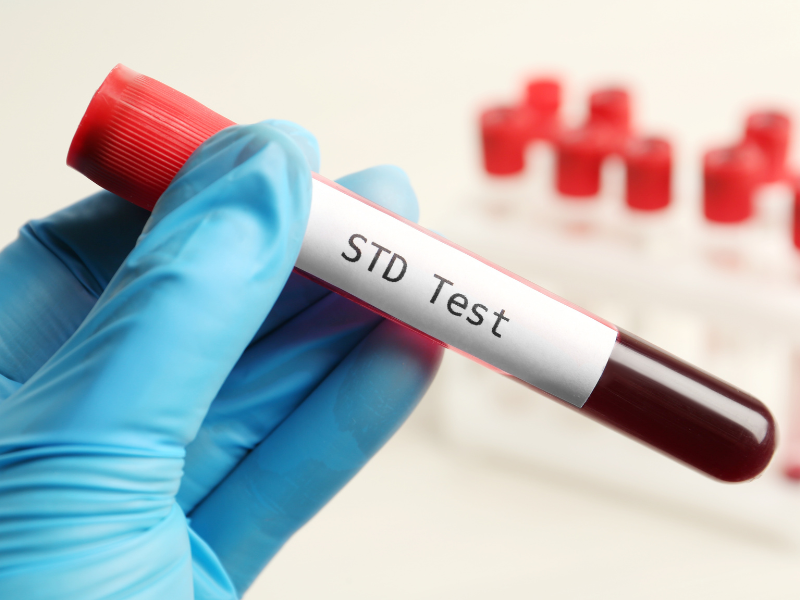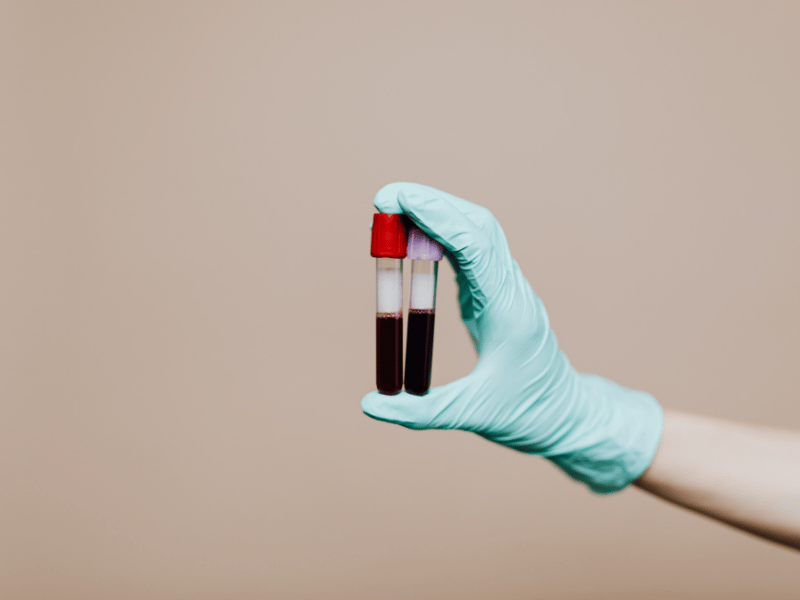Routine STD testing is an essential part of proactive healthcare, helping individuals maintain their sexual health and overall well-being. Many sexually transmitted diseases (STDs) can go unnoticed due to a lack of symptoms, making regular testing crucial for early detection and prevention.1 Whether you are sexually active or planning a family, including an STD test in Singapore as part of your routine healthcare ensures early intervention, reduces transmission, and promotes a healthier lifestyle.
Early Detection of STDs

Identifying Infections Before Symptoms Appear
Many STDs are asymptomatic, meaning they do not show noticeable symptoms in their early stages. Routine testing helps detect these hidden infections, enabling individuals to seek treatment before complications arise. Conditions such as chlamydia, gonorrhea, and HIV often go unnoticed without testing, underscoring the importance of regular screenings.
Preventing Complications Through Early Treatment
Early detection through routine testing allows for prompt and effective treatment, reducing the risk of long-term health problems. For example, untreated STDs like syphilis or gonorrhea can lead to severe complications such as organ damage, infertility, or chronic pain. Regular screenings are vital in catching these conditions early and avoiding unnecessary health complications.
Protecting Sexual Partners and Reducing Transmission
Breaking the Chain of Transmission
One of the most significant benefits of routine testing is its role in preventing the spread of STDs. Individuals who are unaware of their infections may unknowingly pass them to their partners. Routine testing helps identify infections early, allowing for treatment that breaks the chain of transmission and protects others.2
Promoting Open Communication with Partners
Regular testing fosters healthy conversations about sexual health, encouraging transparency and responsibility in relationships. Discussing test results with partners not only promotes trust but also reduces the stigma surrounding STD prevention. This open communication is essential for creating a safe and supportive environment for both partners.
Maintaining Reproductive Health

Avoiding Complications That Affect Fertility
Untreated STDs are a leading cause of infertility, particularly in women. Conditions like pelvic inflammatory disease (PID), which can result from untreated chlamydia or gonorrhea, can cause permanent damage to the reproductive system.3 Regular testing ensures early treatment, protecting reproductive health and preventing fertility issues.
Protecting Future Pregnancies
For those planning to conceive, routine STD testing is critical. Certain infections, such as syphilis or HIV, can affect pregnancy outcomes or be transmitted to the newborn during childbirth. Regular testing ensures that infections are detected and managed before they impact the health of both mother and child.
Peace of Mind and Mental Well-Being
Reducing Health Anxiety
Health anxiety related to potential infections can be overwhelming. Routine testing provides clarity, helping individuals confirm their health status and address any concerns promptly. This reassurance contributes to overall mental well-being and reduces unnecessary stress.
Encouraging Responsible Health Practices
Incorporating regular STD testing into your healthcare routine fosters a proactive approach to health. By taking responsibility for your sexual health, you set a positive example for others and contribute to a culture of informed and responsible behavior.
Addressing Misconceptions About STD Testing

Dispelling the Stigma Around Testing
STD testing is often surrounded by stigma, deterring individuals from seeking it as part of their routine healthcare. However, testing should be viewed as a standard health practice, similar to annual physical exams or dental check-ups. Embracing routine testing helps normalize it and reduces societal stigma.
Clarifying Testing Frequency and Accessibility
How often you should get tested depends on your lifestyle, sexual activity, and risk factors.4 For sexually active individuals, testing every six months to a year is generally recommended. STD testing is widely available and accessible, making it easier than ever to incorporate into your routine.
Ensuring Confidentiality and Privacy
STD testing is handled professionally and confidentially, ensuring that your privacy is respected. Many clinics, including those offering an STD test in Singapore, provide anonymous or discreet services to make the process as comfortable as possible.
FAQs on Routine STD Testing
How often should I get tested for STDs?
The frequency depends on your sexual activity and risk factors. For sexually active individuals, annual testing is recommended, with more frequent testing for those with multiple partners or engaging in unprotected sex.
Is routine testing necessary if I’m in a monogamous relationship?
Yes, testing is still advisable when entering a monogamous relationship to ensure both partners are free of infections. After an initial test, additional screenings may not be necessary unless new risks arise.
What types of STDs are tested for during routine screening?
Common tests include screenings for chlamydia, gonorrhea, syphilis, HIV, herpes, and sometimes hepatitis B and C. Your healthcare provider will recommend tests based on your risk profile.
Does health insurance cover STD testing?
Many health insurance plans cover STD testing, especially as part of preventive care. Check with your provider to confirm coverage details.
What should I do if my results are positive?
If your results are positive, follow your doctor’s advice for treatment and notify any sexual partners. Prompt treatment can often cure or manage the infection effectively, preventing further complications or transmission.
Conclusion: Taking Charge of Your Health – The Importance of Regular STD Testing
Routine STD testing is a cornerstone of maintaining sexual health and overall well-being. By identifying infections early, preventing transmission, and addressing misconceptions, regular testing supports a proactive and responsible approach to healthcare. Incorporating an STD test in Singapore into your routine not only protects your health but also promotes a safer and healthier community. Taking charge of your health today ensures a better tomorrow




